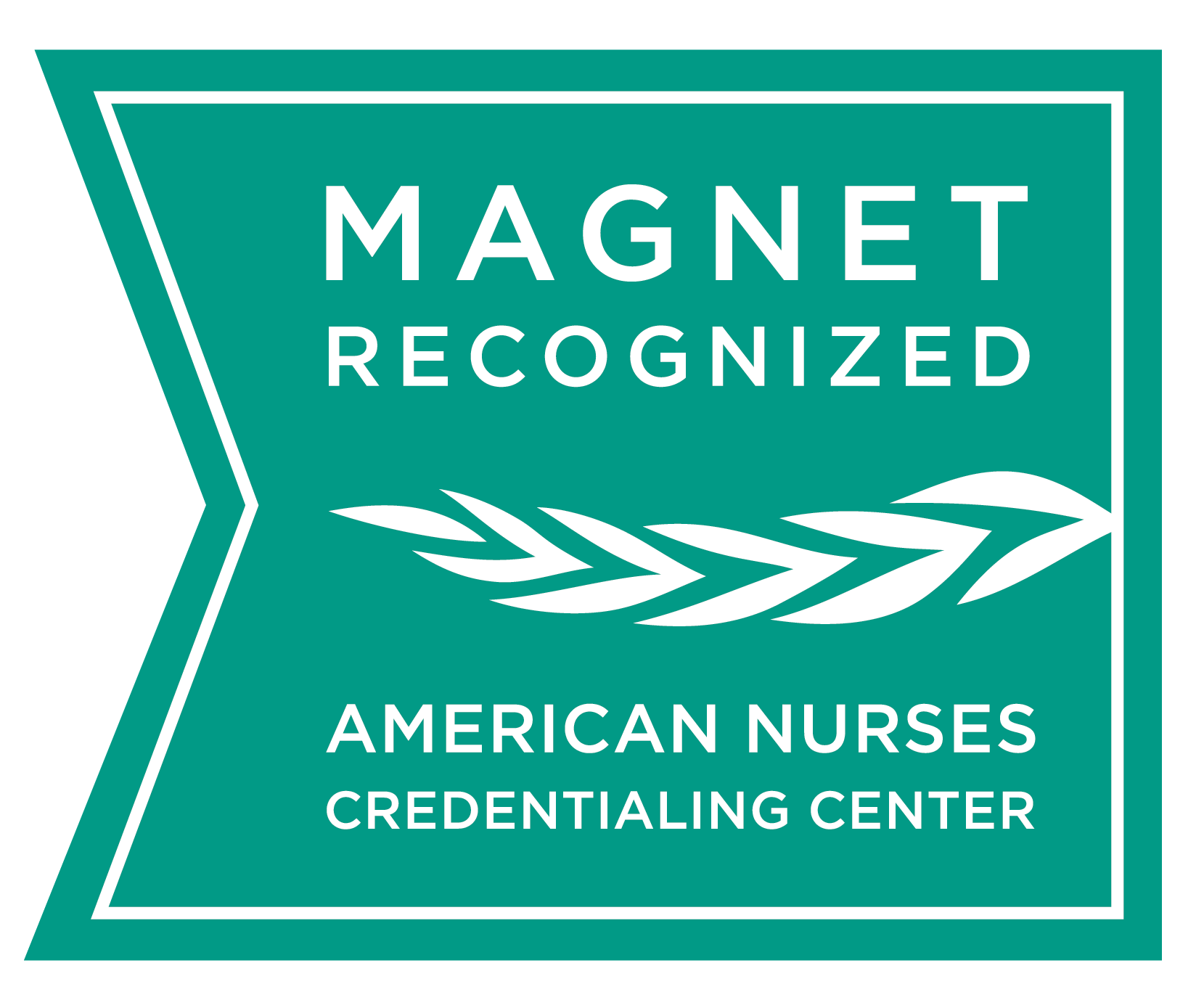Loading Complete

Tracy Vozar, PhD
Psychology
Languages
- English
Gender
FemaleAbout
Titles
About the Provider
Departments
NPI
Locations
- Main Hospital-Mother Baby Wellness
- 111 Michigan Avenue Northwest, Washington, DC 20010
- Get Directions
- phone: 202-476-5531
- Main Hospital-Prenatal Pediatrics Institute
- 111 Michigan Avenue Northwest, Washington, DC 20010
- Get Directions
- phone: 202-476-7409
- fax: 202-476-5897
- Telehealth Video Visit
- 111 Michigan Avenue Northwest, Childrens National Telemedicine, Washington, DC 20010
- Get Directions
- phone: 888-884-2327
Expertise
Education
Tulane University School Of Public Health And Trop
Fellow, Clinical Psychology, 2009The University of Iowa
Graduate, 2008Tulane University School Of Public Health And Trop
Intern, Clinical Psychology, 2008Washington University Of Arts & Sciences
Graduate, 2000Insurance
Children's National offers a variety of payment options for all families. We have listed the major health plans accepted by Children's National below. Please contact your insurance carrier if you do not see your plan. Before scheduling all behavioral health appointments, please confirm coverage with your insurance carrier. If you have international insurance or are traveling from abroad to Children's National for care, please contact the Global Services Division at globalservices@childrensnational.org. If you do not have health insurance, you may be able to get it through the Children's Health Insurance Program. Please call 202-476-5505 for more information.
Search plans
- Aetna
- Aetna Better Health of Maryland
- Aetna Better Health of VA
- Alliance Health Plan: Federal Employee Plan
- American Postal Workers Plan (Federal)
- Amerigroup DC
- Amerigroup Maryland
- AmeriHealth DC
- Anthem Blue Cross Blue Shield of Virginia
- Anthem HealthKeepers Plus (VA)
- Beech Street
- Blue Cross/Blue Shield Service Benefit Plan (Federal)
- CareFirst Blue Cross Blue Shield
- CareFirst Community Plan of Maryland
- ChoiceCare PPO (Humana)
- Cigna Healthcare of the Mid Atlantic (includes Great West Healthcare)
- Claimsbridge PPO
- Conifer Health
- First Health
- Government Employees Health Association (Federal)
- Health Services for Children with Special Needs (DC)
- Kaiser Permanente Maryland Medicaid: referral required
- Kaiser Permanente Virginia Medicaid
- Kaiser Permanente: referral required
- Mail Handlers (Federal)
- Maryland Physicians Care
- Medicaid Managed Care or Public Health Plans (Military)
- MedStar Family Choice (DC)
- MedStar Family Choice (MD)
- Molina Health Care of VA
- Multiplan/Private Healthcare Systems (PHCS)
- National Association of Letter Carriers (Federal)
- Priority Partners MCO (MD)
- Tricare Humana Military
- U.S. Family Health Plans Johns Hopkins (Federal)
- United Virginia Medicaid
- UnitedHealthcare
- UnitedHealthcare Community Plan of Maryland
- Virginia Premiere



